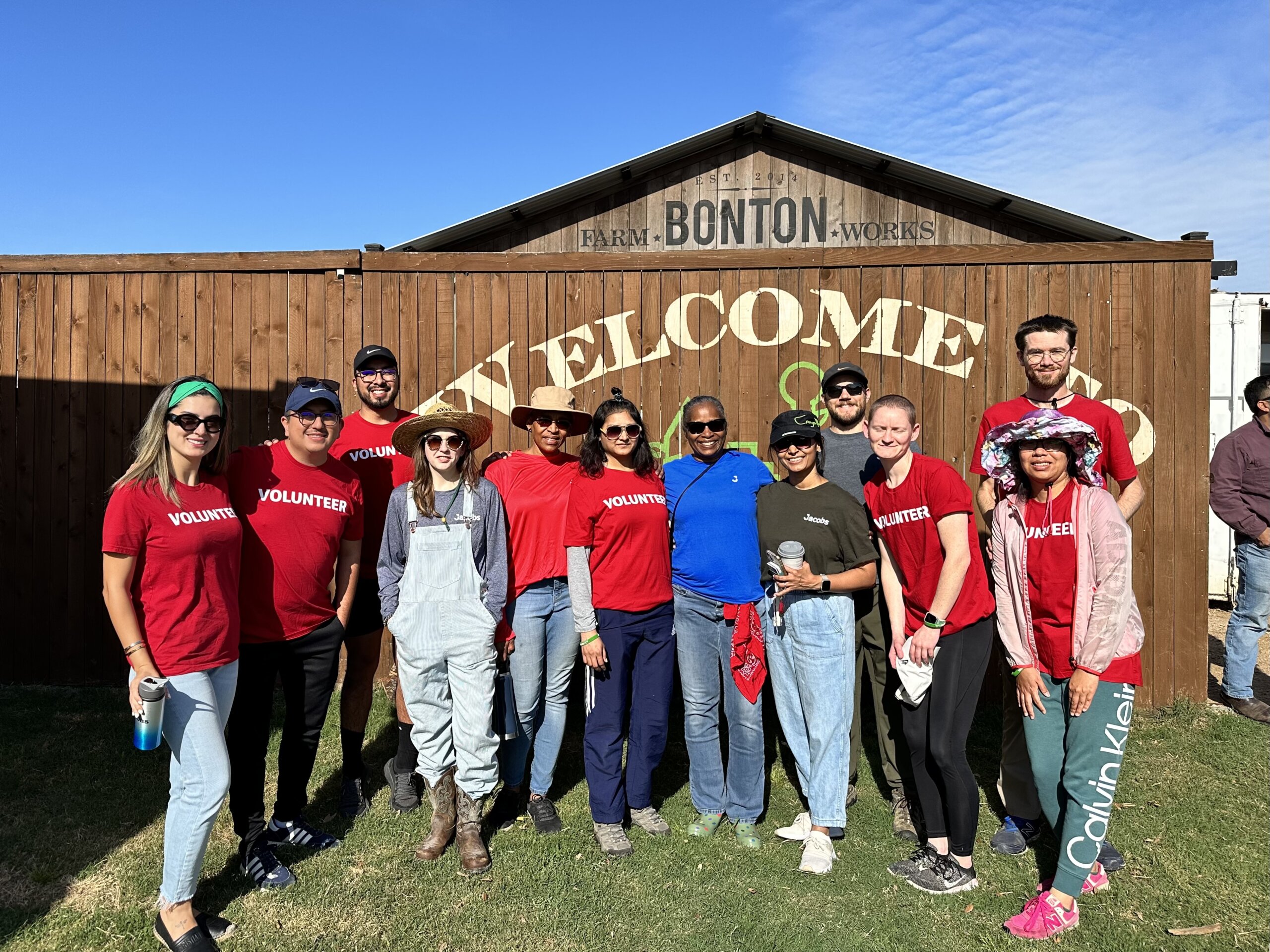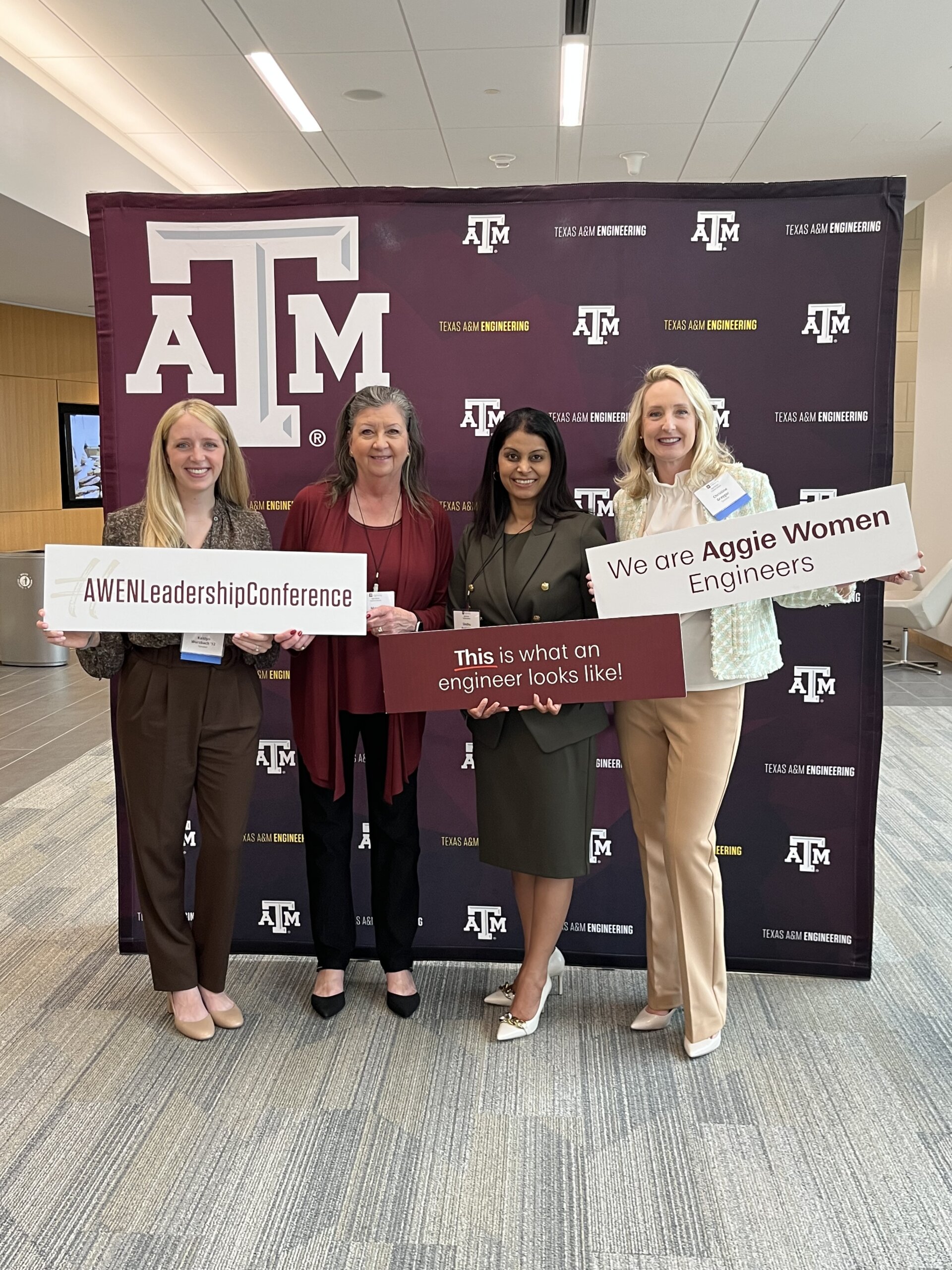
By Catie George, Manager, Communications & Storytelling
To celebrate Women’s History Month, Jacobs Vice President & Director of Operations Sindhu Avalokita shared her experiences, planned celebrations, and guidance for others with the Dallas Regional Chamber.
“It is critical for us, as women, to put ourselves in the driver’s seat of this conversation as much as we possibly can to psychologically gain control and be in a position of influencing our careers and our next steps,” Avalokita said. “It’s always a good time, in my opinion, to look beyond what’s in front of us or around us, which may very well be very positive from an equality and equity standpoint, and recognize that there’s a whole world out there where there is much work left to be done.”
At Jacobs, that work includes an emphasis on women in STEAM, or science, technology, engineering, arts, and mathematics. While there has been progress and more of an acknowledgement and understanding of what women might come across as challenges in the workplace, more needs to be done to help move the needle on deep-set biases and potential impediments to growth so we retain and grow women in the workforce.

“I personally put the onus of support on each of us. As individuals in organizations, regardless of role, gender, or background, we have an opportunity with every interaction to support and lift one another,” she said. “So, while company policies, key performance indicators, and other measures are critical in this case, as individuals, we have a far greater everyday impact than we think on whether a working woman feels valued, stays employed, or steps up or down from a leadership position.”
Supporting women begins with curiosity and understanding, according to Avalokita.
“Without this understanding, exposure, or the experience of having ‘walked in those shoes,’ policies and training can fall flat,” she said. “Especially in the fast-paced world we live in, I want it to be understood that none of us are perfect; we all make mistakes and learn from them, and the idea of ‘having it all’ is a mirage at best.”

Avalokita’s own work and leadership styles aim to mirror these truths.
“I practice working and leading through authenticity, vulnerability, and kindness,” she said. “It is important to me that these principles don’t come across as counter to driving and delivering results. All of it can be done, and these are not mutually exclusive traits.”
She said mentoring is also very important for all women at all levels of the workforce.
“I’m a huge proponent of informal, situation-based mentoring. Nothing like learning in the heat of the moment!” Avalokita said. “It is critical, of course, to have a network of diverse folks to be able to call upon for this model to work, and that takes time, energy, and investment on our part to make happen.”
Avalokita’s experiences have made her stronger and more self-confident and helped her career.
“Self-doubt can get in the way more often than not, especially when surrounded by folks who might be more experienced or [who] don’t look or sound like you,” said Avalokita. “It took me a while to own my identity and my background, recognize their full strength, and turn this into a positive in my career. But this has helped me be more conscious about my values, my drivers, my principles, what I am comfortable with, and when to say ‘no.’”